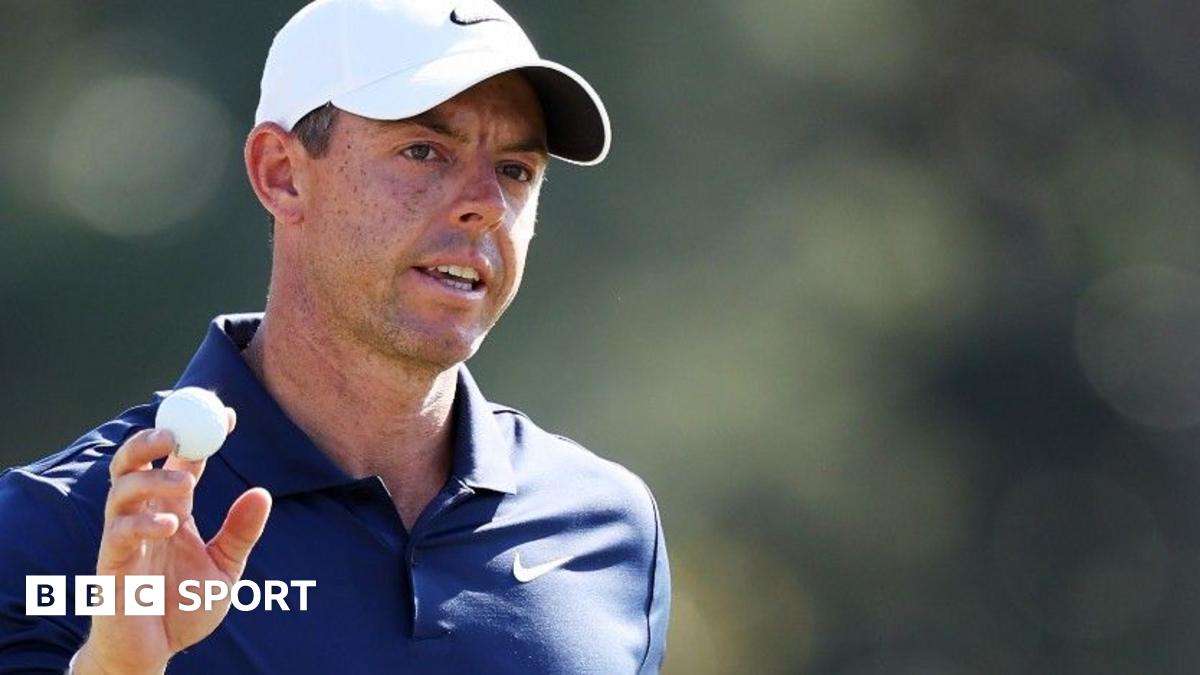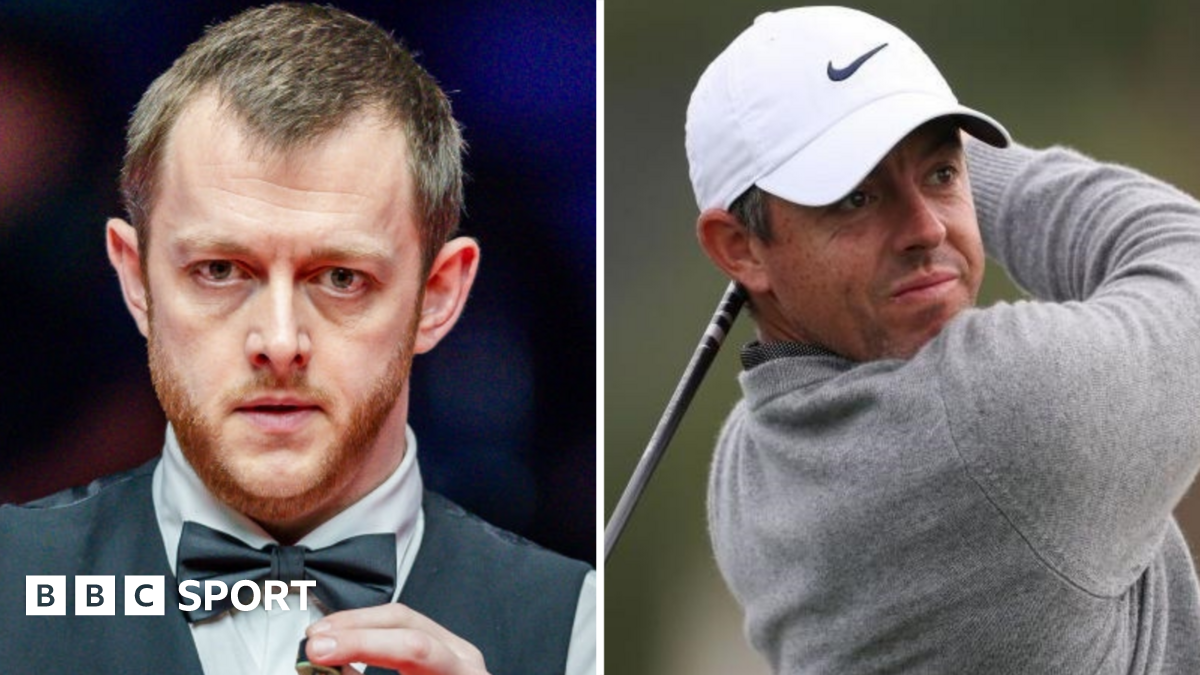Rory McIlroy's Pursuit of the Green Jacket: Is Desire a Double-Edged Sword?

Rory McIlroy, a name synonymous with excellence in the world of golf, finds himself in a unique predicament as he approaches his 17th attempt to claim the coveted Green Jacket at the Masters Tournament. His quest for this iconic piece of apparel has sparked discussions among experts about the psychological aspects of competition and whether McIlroyâs intense desire to win might be counterproductive.
âThatâs a very good point,â noted sports analyst Smith, reflecting on the emotional complexities athletes face during high-stakes competitions. âAll of this is said without me ever having spoken to Rory. I couldnât comment as to how accurate my views on the situation are. But looking at it from outside the goldfish bowl that is tournament golf, you look at it and say, OK, right, maybe thatâs it, it could be that he actually wants it too much.â
To navigate the pressures that accompany his pursuit, McIlroy has enlisted the expertise of renowned sports psychologist Bob Rotella. This collaboration comes as he prepares to face the Masters for the 17th time, a significant milestone in any golfer's career. âI think heâll have him very well prepared now,â said fellow golfer Paul McGinley. âTheyâve had two or three runs at this now, and I think they will be coming up with a plan in terms of taking that pressure and decimating it and putting it aside.â
Smith emphasizes the importance of reaffirming positive memories to foster confidence. He pointed to a recent performance where McIlroy delivered an impressive opening drive during his three-hole playoff victory over JJ Spaun at the Players Championship just three weeks ago. Notably, McIlroy admitted to feeling extremely nervous before that pivotal shot, illustrating the mental challenges he faces.
Golf legends have often employed psychological tactics to boost their performance under pressure. For instance, Jack Nicklaus, holder of a record 18 major titles, claimed he never missed a short putt in major championshipsâa statement that was not entirely true but served as a confidence-boosting technique. Similarly, Tiger Woods became famous for his signature club twirl, a physical manifestation of his mental focus and confidence.
âTiger with his club twirl,â Smith commented, referencing Woodsâ approach. âItâs a hard copy down of the good stuff into the long-term memory so he can draw on it.â This method aligns with Smithâs belief that affirming oneâs capabilities is essential. âI know that I can do it. I know that Iâve won,â he stated, highlighting the significance of self-belief in competitive sports.
Despite the mental scars that may accumulate from past failures, Smith contends that McIlroy is at an ideal stage in his career to confront these challenges. âHis emotional intelligence is growing immensely,â Smith noted. âHe is not the man he was when he was 29 or 30.â This evolving maturity can be a strong asset as he tackles the psychological pressures of the game.
Looking ahead to 2025, McIlroy appears to be on the right track, even if he hasnât yet played at his absolute peak. With a new ball in play this year, his techniqueâparticularly in approach shotsâseems to be more refined and effective than ever before. This development may very well position him as a top contender for the title, especially as he boasts 28 PGA Tour wins, though he has not secured a major victory in his last 38 attempts.
However, this week presents a unique set of challenges. The mental weight he carries is far heavier than that of his competitors. âYouâve got to own it because if you donât itâll just niggle away at you,â Smith warned. âSo youâve got to almost burst that cyst, excise it, clean it out, deal with it.â As McIlroy prepares for his next round, the question remains: Can he transform his desire into triumph and finally don the iconic Green Jacket?




























